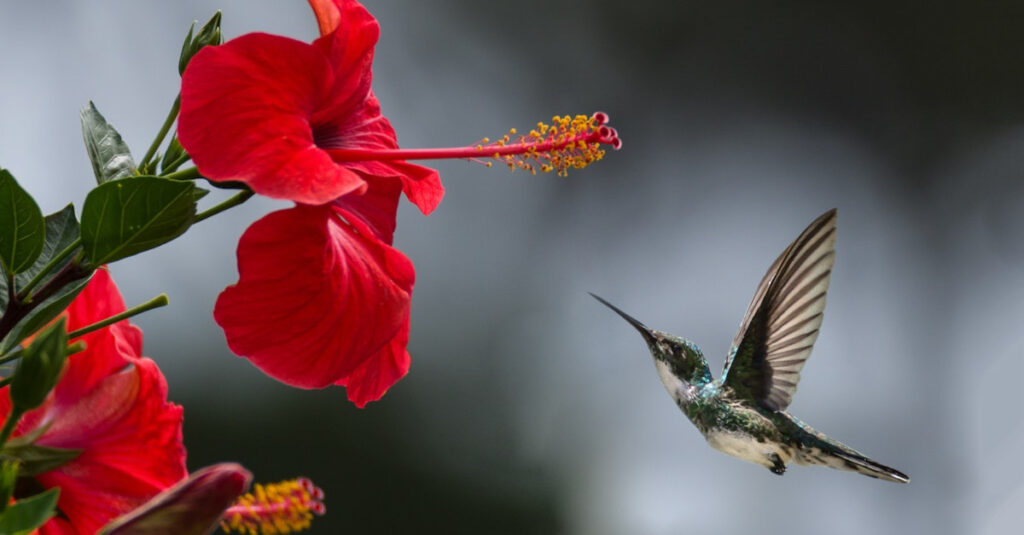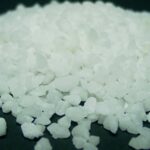Fortunately, I love the taste of hibiscus tea. However, not all hypertension sufferers enjoy it. How to make hibiscus tea more tasty?
Effect of hibiscus tea on blood pressure
Hibiscus tea is a beverage made from the dried flowers of the hibiscus plant, which is native to tropical and subtropical regions around the world. It is known for its bright red color and tart, cranberry-like flavor.
There is some evidence to suggest that hibiscus tea may have potential health benefits, including the ability to lower blood pressure. Several studies have found that consuming hibiscus tea on a regular basis may help to reduce both systolic (the top number in a blood pressure reading) and diastolic (the bottom number) blood pressure in people with high blood pressure.
These studies include:
- A controlled trial published in the Journal of Human Hypertension in 2010 found that consuming hibiscus tea three times per day for six weeks led to significant reductions in both systolic and diastolic blood pressure in people with high blood pressure.
- A systematic review published in the Journal of Nutrition in 2013 found that hibiscus tea was associated with a statistically significant reduction in blood pressure in people with high blood pressure.
- A randomized trial published in the Journal of the Academy of Nutrition and Dietetics in 2014 found that consuming hibiscus tea twice daily for eight weeks led to significant reductions in both systolic and diastolic blood pressure in people with pre-hypertension or stage 1 hypertension.
- A randomized trial published in the journal Phytomedicine in 2015 found that consuming hibiscus tea twice daily for four weeks led to significant reductions in both systolic and diastolic blood pressure in people with high blood pressure.
Why some do not like the taste of hibiscus tea
Hibiscus tea has a tart, cranberry-like flavor with hints of sweetness. The flavor can be described as slightly fruity and floral, with a slightly acidic taste. Some people also describe the flavor as being similar to that of a red zinger tea. The intensity of the flavor can vary depending on how long the tea is brewed and the amount of hibiscus flowers used. Hibiscus tea is typically a bright red color and may have a slightly acidic or astringent taste.
Some people may find the tart, cranberry-like flavor of hibiscus tea to be refreshing and enjoyable, while others may find it too strong or too sour. Some may also find the slightly acidic or astringent taste of hibiscus tea to be off-putting.
Many enjoy drinking hibiscus tea on its own, while others prefer to add sweeteners or other herbs and spices to enhance the flavor.
Ways you can try to make hibiscus tea more tasty
- Add sweeteners: You can try adding honey, sugar, or agave nectar to your hibiscus tea to make it sweeter. But avoid adding any significant amounts, sugar is just as bad as salt for your blood pressure.
- Mix with other herbs or teas: You can try mixing hibiscus tea with other herbs or teas that have a more pleasant taste, such as peppermint, chamomile, or lemon balm.
- Experiment with the ratio of hibiscus to water: You can try using less hibiscus and more water to make a weaker, less intense brew. Alternatively, you can try using more hibiscus and less water to make a stronger, more concentrated brew.
- Add fruit: You can try adding slices of lemon, lime, or orange to your hibiscus tea to add a touch of sweetness and a fresh, citrusy flavor.
- Chill it: You can try chilling your hibiscus tea in the refrigerator and serving it over ice for a refreshing, cool drink.
- Experiment with different brewing methods: You can try using a French press, teapot, or infuser to brew your hibiscus tea and see which method produces the best flavor for you.
- Use hibiscus tea blends: You can try using hibiscus tea blends that contain a mix of hibiscus and other herbs or teas to see if a blend is more palatable to your taste buds.
It may take some trial and error to find the right combination of ingredients and brewing methods to make hibiscus tea more tasty for you, but these suggestions should get you started.






